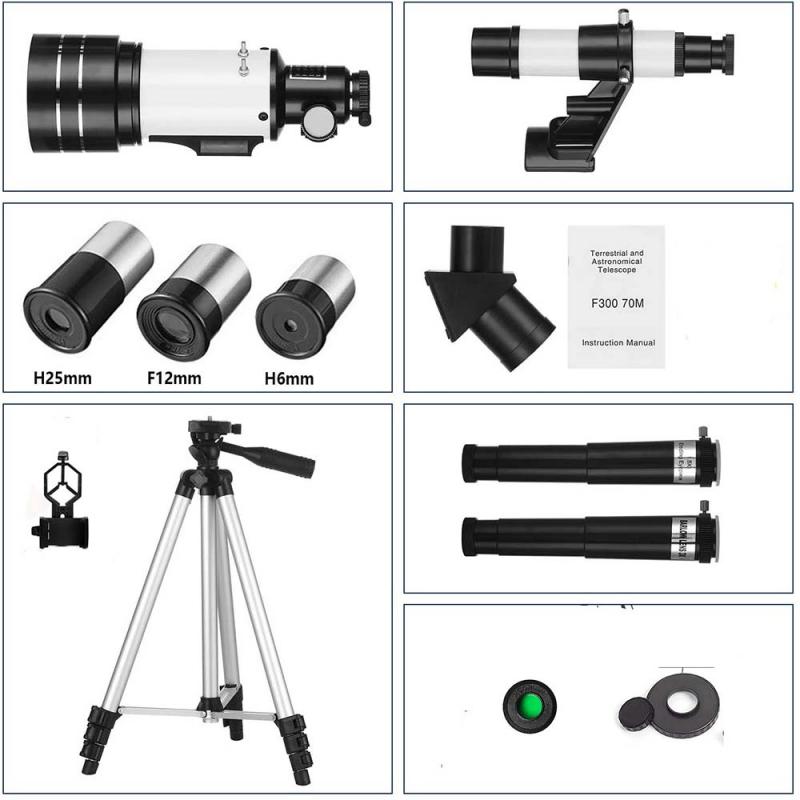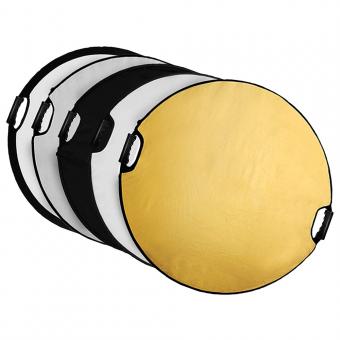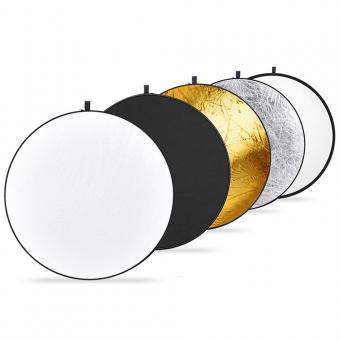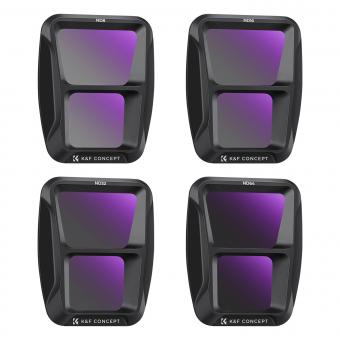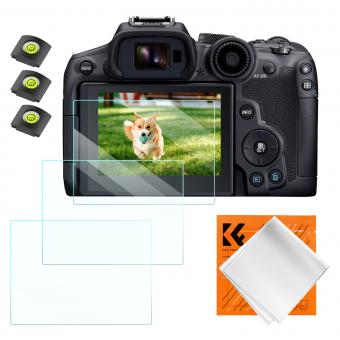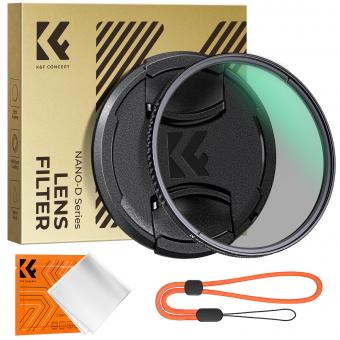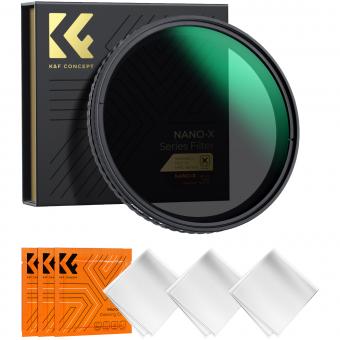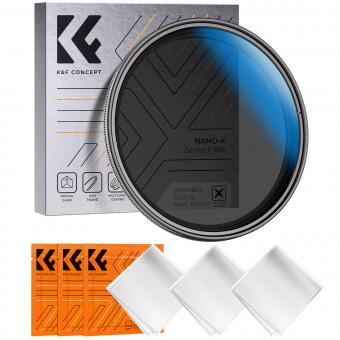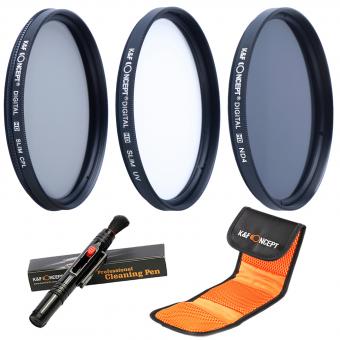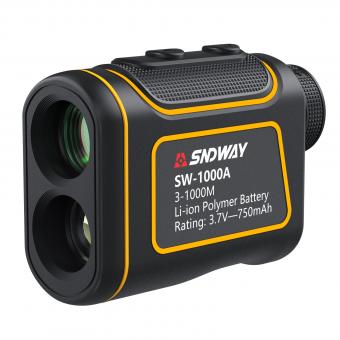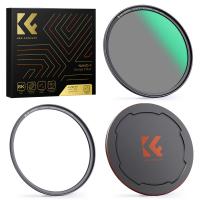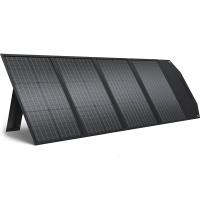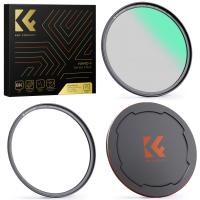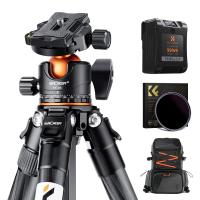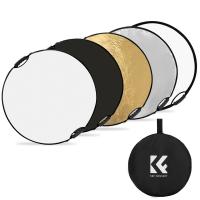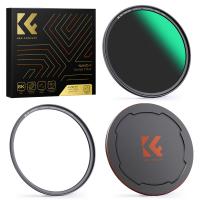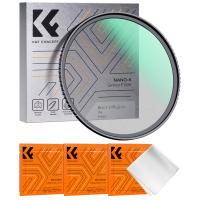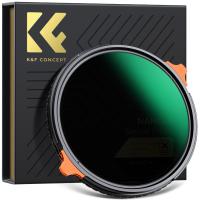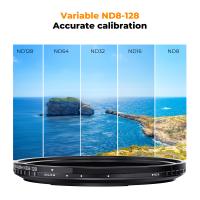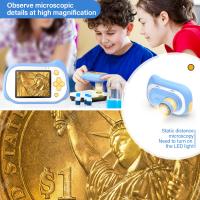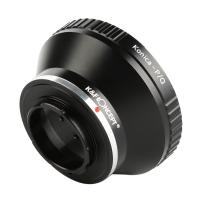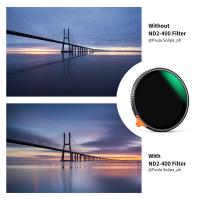What's Better Refractor Or Reflector Telescopes ?
The choice between refractor and reflector telescopes depends on personal preferences and specific needs. Refractor telescopes use lenses to gather and focus light, offering crisp and high-contrast images. They are generally more compact, low-maintenance, and suitable for observing planets and lunar details. On the other hand, reflector telescopes use mirrors to gather and focus light, providing a wider field of view and better light-gathering capabilities. They are often more affordable and suitable for observing deep-sky objects like galaxies and nebulae. Ultimately, the decision should consider factors such as budget, desired observations, portability, and individual preferences.
1、 Optical Design: Refractor vs. Reflector Telescopes
The question of whether refractor or reflector telescopes are better is a common one among astronomy enthusiasts. Both types of telescopes have their own advantages and disadvantages, and the choice ultimately depends on the specific needs and preferences of the user.
Refractor telescopes use lenses to gather and focus light, while reflector telescopes use mirrors. One advantage of refractor telescopes is that they provide high contrast images with minimal chromatic aberration. This makes them ideal for observing planets, the Moon, and other objects with high surface brightness. Refractors also tend to be more compact and portable, making them a popular choice for astrophotography.
On the other hand, reflector telescopes are generally more affordable and offer larger apertures for the same price compared to refractors. This means that reflectors can gather more light, making them better suited for observing faint deep-sky objects like galaxies and nebulae. Reflectors also have a wider field of view, allowing for a greater perspective of the night sky.
In recent years, technological advancements have made both refractor and reflector telescopes more accessible and capable. For example, the development of high-quality, low-dispersion glass has significantly reduced chromatic aberration in refractors. Similarly, improvements in mirror coatings have enhanced the reflectivity and durability of reflector telescopes.
Ultimately, the choice between a refractor and a reflector telescope depends on the specific needs and interests of the observer. Factors such as budget, portability, desired objects for observation, and astrophotography goals should all be considered. It is also worth noting that many astronomers own both types of telescopes to take advantage of their respective strengths in different observing situations.
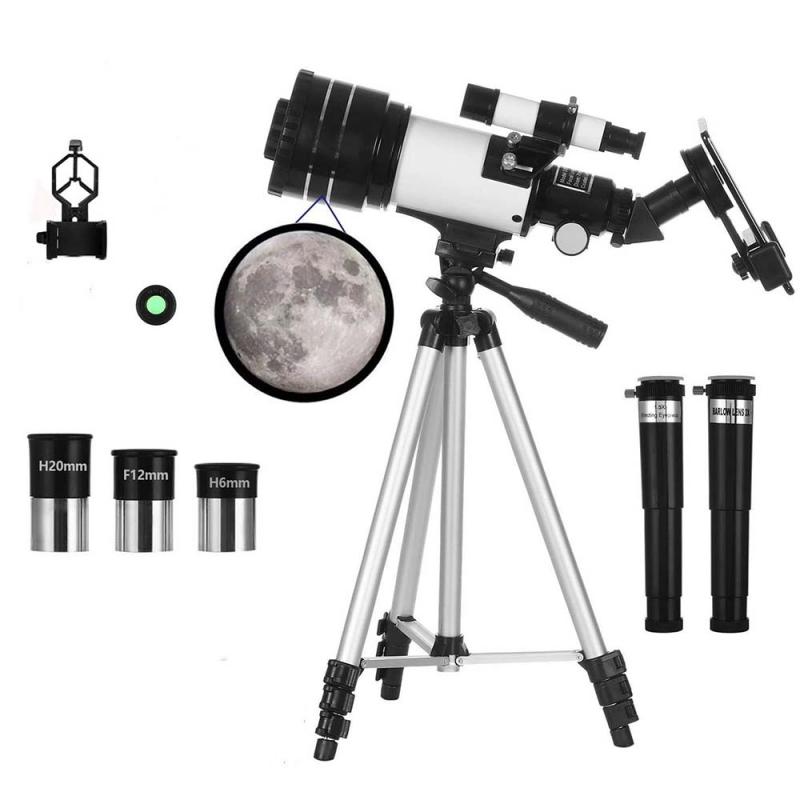
2、 Light Gathering Power: Refractor vs. Reflector Telescopes
The debate between refractor and reflector telescopes has been ongoing for years, and there is no definitive answer as to which is better. Both types of telescopes have their own advantages and disadvantages, and the choice ultimately depends on the specific needs and preferences of the user.
One of the main factors to consider is light gathering power. Refractor telescopes use lenses to gather and focus light, while reflector telescopes use mirrors. Historically, reflector telescopes have been favored for their larger apertures, which allow them to gather more light and provide brighter images. However, recent advancements in lens technology have made it possible for refractor telescopes to compete with reflectors in terms of light gathering power.
Another important consideration is the quality of the optics. Refractor telescopes are known for producing sharp, high-contrast images, thanks to the absence of central obstructions and the use of high-quality lenses. Reflectors, on the other hand, may suffer from some optical aberrations due to the presence of a secondary mirror. However, modern reflector telescopes often come with corrective optics to minimize these issues.
Portability is also a factor to consider. Refractor telescopes are generally more compact and lightweight, making them easier to transport and set up. Reflectors, especially those with larger apertures, can be bulkier and require more effort to move around.
Ultimately, the choice between refractor and reflector telescopes depends on individual preferences and requirements. It is recommended to try out both types and consider factors such as budget, intended use, and desired image quality before making a decision.
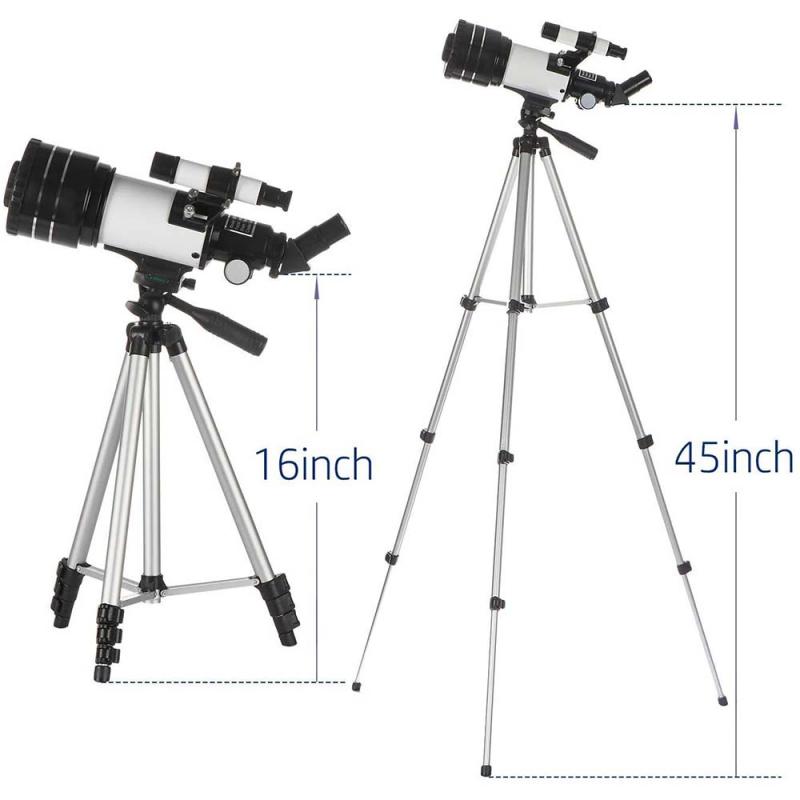
3、 Image Quality: Refractor vs. Reflector Telescopes
When it comes to the debate of refractor vs. reflector telescopes, determining which is better ultimately depends on the specific needs and preferences of the user. Both types of telescopes have their own advantages and disadvantages, particularly in terms of image quality.
Refractor telescopes use lenses to gather and focus light, resulting in crisp and high-contrast images. They are known for providing excellent image quality, especially when observing celestial objects such as the Moon and planets. Refractors are also typically more compact and portable, making them a popular choice for astrophotography.
On the other hand, reflector telescopes use mirrors to gather and focus light. They are generally more affordable and offer larger apertures, allowing for better light-gathering capabilities. This makes reflectors ideal for observing faint deep-sky objects like galaxies and nebulae. However, reflectors may suffer from some optical aberrations, such as coma and chromatic aberration, which can affect image quality.
In recent years, advancements in technology have narrowed the gap between refractor and reflector telescopes in terms of image quality. Manufacturers have developed innovative coatings and materials to reduce optical aberrations in reflectors, improving their overall performance. Additionally, the availability of high-quality eyepieces and accessories has further enhanced the image quality of both types of telescopes.
Ultimately, the choice between a refractor and a reflector telescope depends on the specific observing goals and budget of the user. Refractors excel in providing sharp and high-contrast images, while reflectors offer larger apertures for better light-gathering capabilities. It is recommended to consider factors such as portability, cost, and intended use before making a decision.
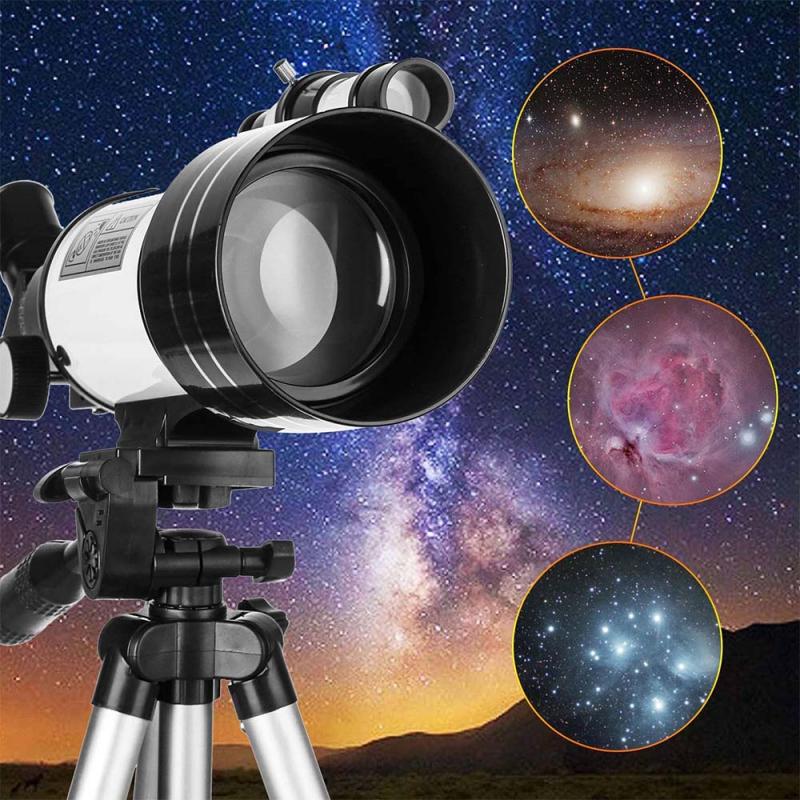
4、 Portability and Size: Refractor vs. Reflector Telescopes
When it comes to the debate of refractor vs. reflector telescopes, one important factor to consider is portability and size. Refractor telescopes are known for their compact and lightweight design, making them highly portable. They are easy to transport and set up, making them a popular choice for astronomers on the go or those with limited storage space. Refractors are also less prone to misalignment, as their optical components are fixed in place, which further enhances their portability.
On the other hand, reflector telescopes tend to be larger and bulkier due to their design. They utilize mirrors to gather and focus light, which requires a larger tube to accommodate the mirror's size. This can make reflectors more challenging to transport and set up, especially for beginners or those with limited physical strength. However, advancements in technology have led to the development of more compact and lightweight reflector telescopes, making them more portable than ever before.
In recent years, there has been a growing trend towards compact and portable reflector telescopes. Manufacturers have introduced innovative designs that incorporate collapsible or segmented tubes, allowing for easier transportation and storage. Additionally, advancements in mirror coatings and materials have made reflectors more efficient and lightweight.
Ultimately, the choice between a refractor and reflector telescope in terms of portability and size depends on individual preferences and requirements. If portability is a top priority, refractor telescopes are the clear winner. However, with the latest advancements in reflector telescope technology, they have become a viable option for those seeking a balance between portability and performance.
